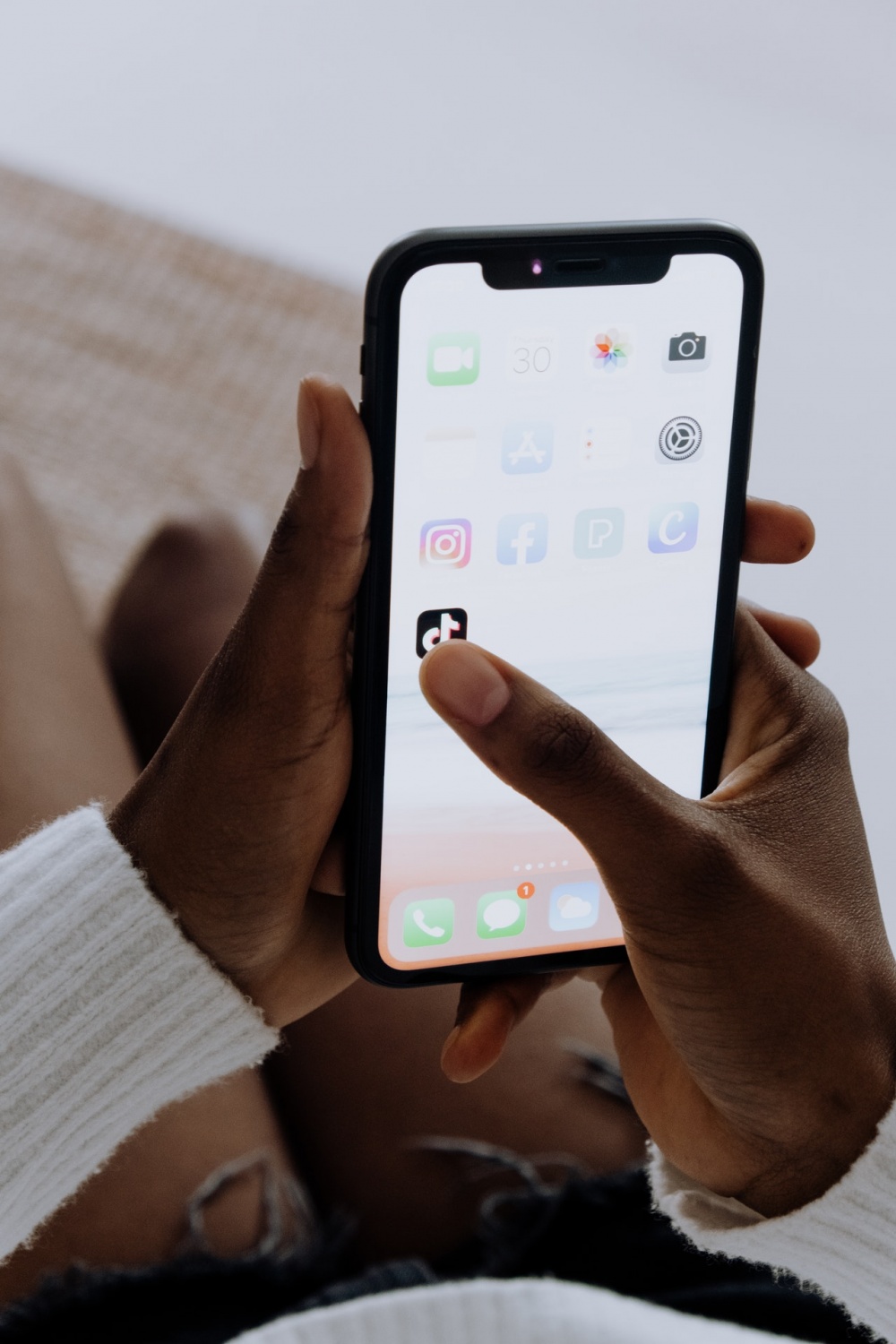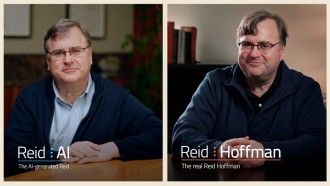
A recent video on self-love, published by Yubo in honor of Valentine's Day, is just the latest example of how social media platforms, popular with young people, are helping them navigate the unique challenges of being an adolescent or a young adult in the middle of a pandemic.
Around the world, pandemic-induced uncertainty is taking a serious toll on young people's mental health. The World Health Organization (WHO) has called the crisis a "parallel pandemic" as the inherent insecurities and challenges of being an adolescent are aggravated by repeated lockdowns and the atmosphere of uncertainty.
With schools still shuttered in many places around the world, young people are increasingly finding socialization and renewed happiness online. Studies show that social media has been vital in keeping young people connected to their friends during the pandemic. A handful of the most popular apps among young people, such as Yubo and TikTok, have played a particularly important role in spreading much-needed positivity and self-care among Gen Z.
Self-love in the spotlight at Yubo
Yubo, for example, celebrated Valentine's Day with a video with influencers Hailee & Kendra focused on self-love and inclusivity. These values are clearly important to Yubo. The app previously hosted a digital pride month and has become known, in particular, as a safe space for LGBTQ+ youngsters-a group which has faced specific challenges during the pandemic with three-fourths of young people identifying as LGBTQ+ suffering from increased loneliness. With access to mental health care made more difficult by Covid, Yubo has stepped into the vacuum, offering like-minded support communities. One 18 year-old in Edinburgh, for example, described Yubo as "life-changing" as it helped him to realize that he wasn't alone as a gay Muslim teenager-something that has proven particularly valuable in the middle of a pandemic.
Unsurprisingly, ever since young adults were forbidden from seeing one another in person due to the outbreak of Coronavirus, membership has soared to over 40 million on Yubo. Unlike other social media platforms, Yubo doesn't use a system of 'likes' or 'follows' which can create or exacerbate feelings of insecurity. Instead, Yubo is a platform which describes itself as "a social network about socializing". The app allows users to create rooms where they can "hang out" either with established friends or new online acquaintances. Interestingly, Yubo doesn't rely on ads for its revenue. As a result, feeds are not cluttered with marketing-which has been proven to have a negative impact on mental health.
In the #SelfLove Interview, Hailee and Kendra interviewed young people from different backgrounds, asking them about what self-care meant to them, challenging them to name the things they admired the most about themselves, exploring why sometimes we value others' opinions more than our own, and asking them for tips on how to put self-love first. The video provided a much-needed breath of positivity in a difficult year, offering young people encouraging messages such as "There's no point in trying to be somebody that you're not when everything that you are is so beautiful and perfect for you".
TikTok: not just dance crazes
Young people are also finding support on TikTok-not necessarily through meeting new friends, as on Yubo, but
through the algorithm offering them self-care tips. Increasing numbers of people-including licensed therapists-are sharing advice on how to cope with mental health issues during the pandemic and beyond. The social media site is redressing the taboo about speaking publicly about mental health, one short clip at a time.
Around 60% of TikTok's over one-billion users are Generation Z, less than half of whom say they have "good" mental health. The "therapy TikTok" trend is raising awareness and breaking down previous barriers to advice such as financial means or unsupportive family members. The format also provides a safe space for those who want to discuss mental health issues without the added stress of divulging face-to-face.
These engaging platforms are a much-needed medicine for the world's afflicted young people, with half of those aged 18 to 29 years old subject to anxiety and depression across the globe and one in three suffering from pandemic-related anxiety or experiencing psychosomatic symptoms such as stomach aches.
The 'Covid Effect' is having a devastating impact on the young due to restrictions on socializing over the past year. But the psychological distress currently experienced by teens is being successfully mitigated by sites like Yubo and TikTok.
* This is a contributed article and this content does not necessarily represent the views of techtimes.com





